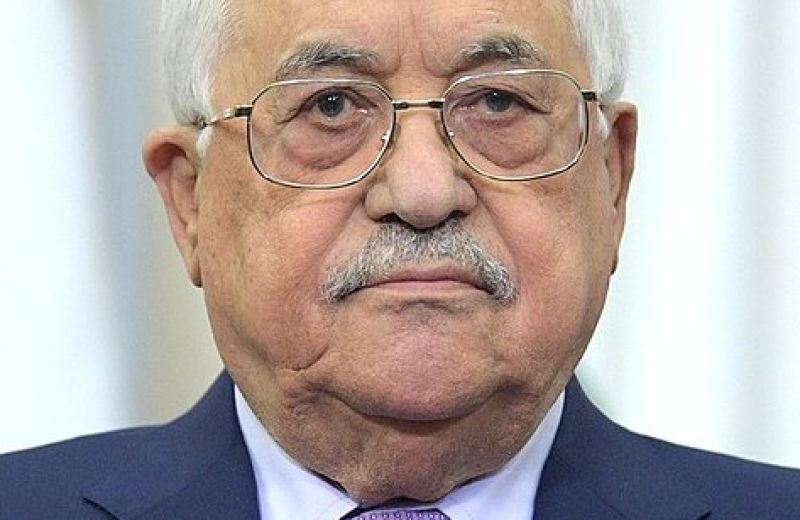 Op-eds
/ The Israeli-Palestinian Peace Process
Op-eds
/ The Israeli-Palestinian Peace Process
The democratic process was alive and well in at least one part of the Middle East this past weekend, as the West Bank saw a frenetic end to its campaign season. Municipal elections were held on Saturday, the first municipal elections since 2004-05, and the first general elections since a legislature was elected in 2006. Over 90 towns and villages had large enough constituencies to merit elections, while nearly 180 communities reached local power-sharing deals. An additional 82 villages did not have elections, due to size.
In the wake of these elections, originally scheduled for 2011 yet postponed due to political infighting, several storylines emerged:
The Hamas-Fatah rift is widening
Hamas — which has run Gaza since it split following the last round of elections in 2006 and 2007 — officially boycotted the elections, shunning candidates from running in the West Bank and barring any polling centers in Gaza. The elections elicited a trading of barbs between the two parties, with the Hamas spokesman, Fawzi Barhoum, asking to “end this disgrace.” Saeb Erekat, the long-entrenched strongman of Fatah, responded that “Hamas cannot have a veto on democracy.”
Fatah and Hamas have long made public overtures for reconciliation, meeting in Cairo in 2011 and then in Doha in April. Yet their plans for hosting these municipal elections together stalled, and the agreement broke down. Indeed, the 2010 elections were cancelled and the 2011 elections postponed due to the rift between the two parties, as the Palestinian Central Elections Committee blamed the political divide as the primary obstacle to holding the elections.
It is unlikely that Saturday’s Fatah-led elections did anything to bridge the divide between the two parties; in fact, the tone from senior officials suggest the rift will only widen. Salam Fayyad, the polarizing Prime Minister of the Palestinian Authority (PA), told Ma’an News, “It’s time to get over the split. It was a complicated election but there shouldn’t be any excuses to prevent it going ahead. Hamas will be responsible politically and ethically for preventing people from voting and must be judged for that.”
Fatah’s strength is waning
Despite being the party with the most financial and political resources, Fatah did not claim the sweeping victory it had hoped for on Saturday, winning in just five of the 11 main districts. Showing the political infighting that has plagued the party for years, many cities saw former Fatah party members running independently against the party. After the polls closed, Fatah controlled the seats in cities such as Hebron, Tulkarem and Jericho, yet lost control in Ramallah, Nablus, and Jenin.
Fatah officials had hoped that the elections would show a unified support base in the face of its rival, Hamas, yet what appeared Saturday was a party feeling the repercussions of years of stalled peace process efforts, financial crises, and internal bickering.
High levels of apathy among Palestinians
The elections on Saturday yielded relatively low voter turnout. Despite being the first elections since 2006, where voter turnout was roughly 75 percent, these elections drew out just 54 percent, according to the Central Elections Committee. The drop in participation can be attributed to a couple of factors, most notably the well-documented disillusionment and apathy of the Palestinian voter.
Yet it’s worth noting that the drop in these numbers is comparable with the drop in U.S. voter turnout between a presidential and congressional election. In 2008, U.S. voter turnout was 57 percent, while in 2010 it fell to 38 percent. In short: Are Palestinians disillusioned and apathetic towards the democratic process? Yes. Is it normal to have a drop-off in voter turnout between presidential and municipal elections? Yes. And, coincidentally, does the PA still have a higher voter turnout than the U.S. in its elections? Yes.
In the long run, without an effective central government or any measurable progress in negotiations with the Israeli government, the Palestinian municipal elections may not have a significant impact on the political gridlock. Yet in a region currently witnessing the sometimes-violent emergence of democracies, the Palestinians are quick to note their veteran status. As vocalized by Palestinian President Mahmoud Abbas, whose own term expired in 2009 with no new presidential elections in sight: “We hope we will be regarded by our brothers in Gaza and everywhere in the Arab world as the ones who first embarked upon democracy, and we continue on this path and we hope everyone will follow us.”


